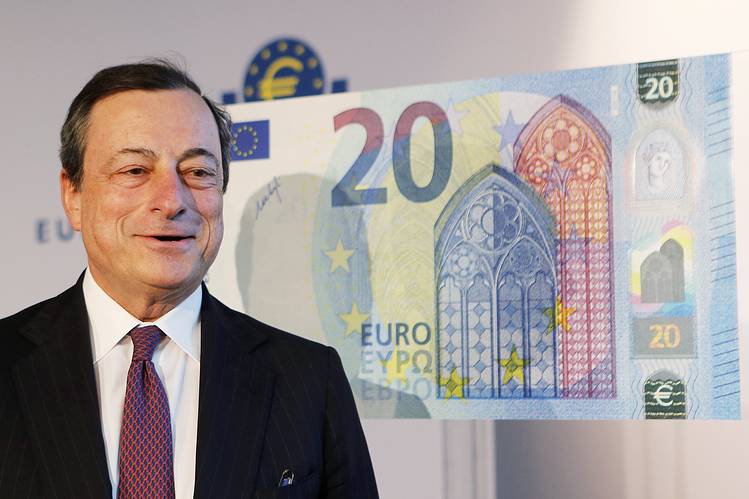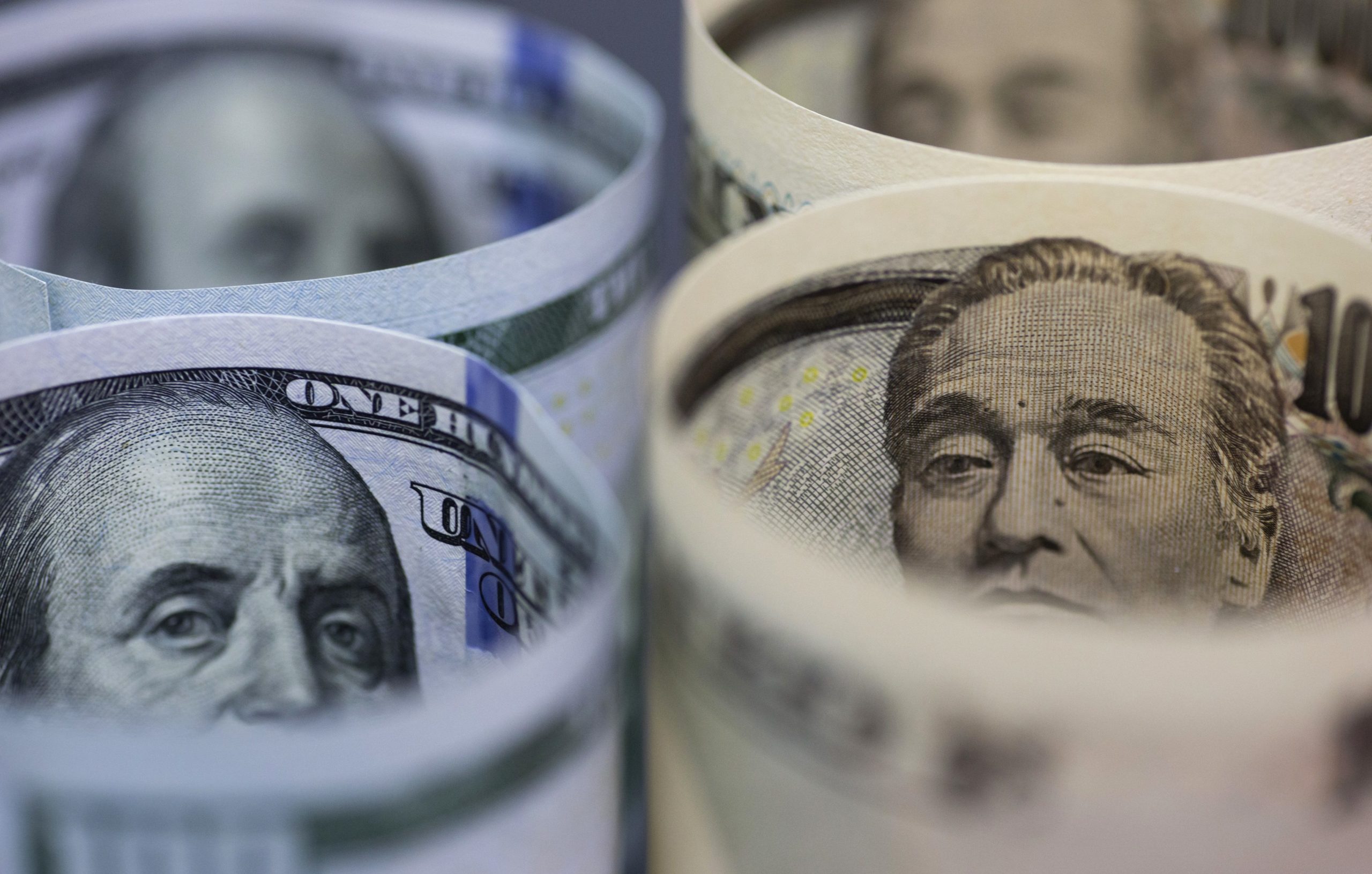- ECB Looks Down Stimulus Exit Path as Politics Threaten Economy
The European Central Bank is finding out just how tricky its policy path could be in a year when political spats are overshadowing the economy.
The account of the March 7-8 Governing Council meeting listed concerns including that U.S. import tariffs — announced just before the gathering — would hurt “all countries involved.” It also pointed to potentially unforeseen consequences of Britain’s withdrawal from the European Union and economic slack that might be greater than previously thought.
Policy makers were still confident enough to remove their pledge to ramp up asset purchases should the outlook deteriorate. At least one official suggested the euro area might be close to the self-sustained growth and inflation needed to halt that scheme.
Five weeks on, the data have weakened and the direction of the trade dispute between the U.S. and China, the world’s two biggest economies, is more unclear than ever.
“The ECB may look at a longer wind-down of the program,” said Nick Kounis, an economist at ABN Amro Bank NV in Amsterdam. “It would be a major surprise if they decided to extend once again, but considering the level of uncertainty right now, a longer exit path could be a logical option.”
The latest blow hit a couple of hours before the account was published, with a report that euro-zone industrial production unexpectedly shrank for a third month. Multiple measures this year have missed economists’ estimates, suggesting last year’s 2.3 percent expansion may have been the peak.
The prime concern is not so much the direct impact of U.S. President Donald Trump’s tariffs on imported steel and aluminum — from which a number of allies are exempt — and proposals for more on as much as $150 billion of Chinese goods. It’s more China’s retaliation and the damage the conflict could do to sentiment, prompting a self-fulfilling economic downturn.
“There was widespread concern that the risk of trade conflicts, which could be expected to have an adverse impact on activity for all countries involved, had increased,” the ECB account showed. “It was also cautioned that negative confidence effects could arise.”
Looming Policy Shift
Policy makers have stressed that they’re not yet worried about the euro-area economy’s domestic strength and that wage and inflation pressures are gradually increasing. Executive Board member Benoit Coeure, speaking in Paris on Thursday, said “the possibility of larger-than-estimated slack does not mean that monetary policy will have to remain unchanged.”
Still, the ECB account showed policy makers see global risks as tilted to the downside, and President Mario Draghi said this week that he’s especially monitoring any signs optimism is fading.
The Governing Council next meets to set policy on Apr. 26, when officials are likely to discuss how and when they might be able to end their bond-buying program, though most economists don’t expect a decision before June. The program is currently due to run until at least September.
Global Concerns
Trade threats are also high on the agenda for the Federal Reserve. The minutes of its March 20-21 policy meeting released Wednesday showed a “strong majority” saw downside risks for the U.S. economy from the prospect of retaliatory actions.
The World Trade Organization warned on Thursday of signs a looming global standoff has started to affect business confidence and investment decisions, possibly jeopardizing growth that is already projected to be lower this year than in 2017. International Monetary Fund Managing Director Christine Lagarde said on Wednesday that the world economy must avoid being sucked into a protectionist spiral.
“For now, the trade-war risk is just that, a risk,” according to Florian Hense, an economist at Berenberg Bank in London. He said that an escalation of the conflict can probably be prevented while momentum in the euro area could pick up in the coming months.
“The medium-term outlook has not changed in such a way that we would expect the ECB to adjust its policy,” he said. “We expect the ECB to let asset purchases run out at the end of this year before hiking the refi rate for the first time in June 2019.”


 Forex3 weeks ago
Forex3 weeks ago
 Naira3 weeks ago
Naira3 weeks ago
 Billionaire Watch2 weeks ago
Billionaire Watch2 weeks ago


 Naira3 weeks ago
Naira3 weeks ago




 Naira2 weeks ago
Naira2 weeks ago




 Naira1 week ago
Naira1 week ago




 Naira4 weeks ago
Naira4 weeks ago
 Banking Sector4 weeks ago
Banking Sector4 weeks ago



















